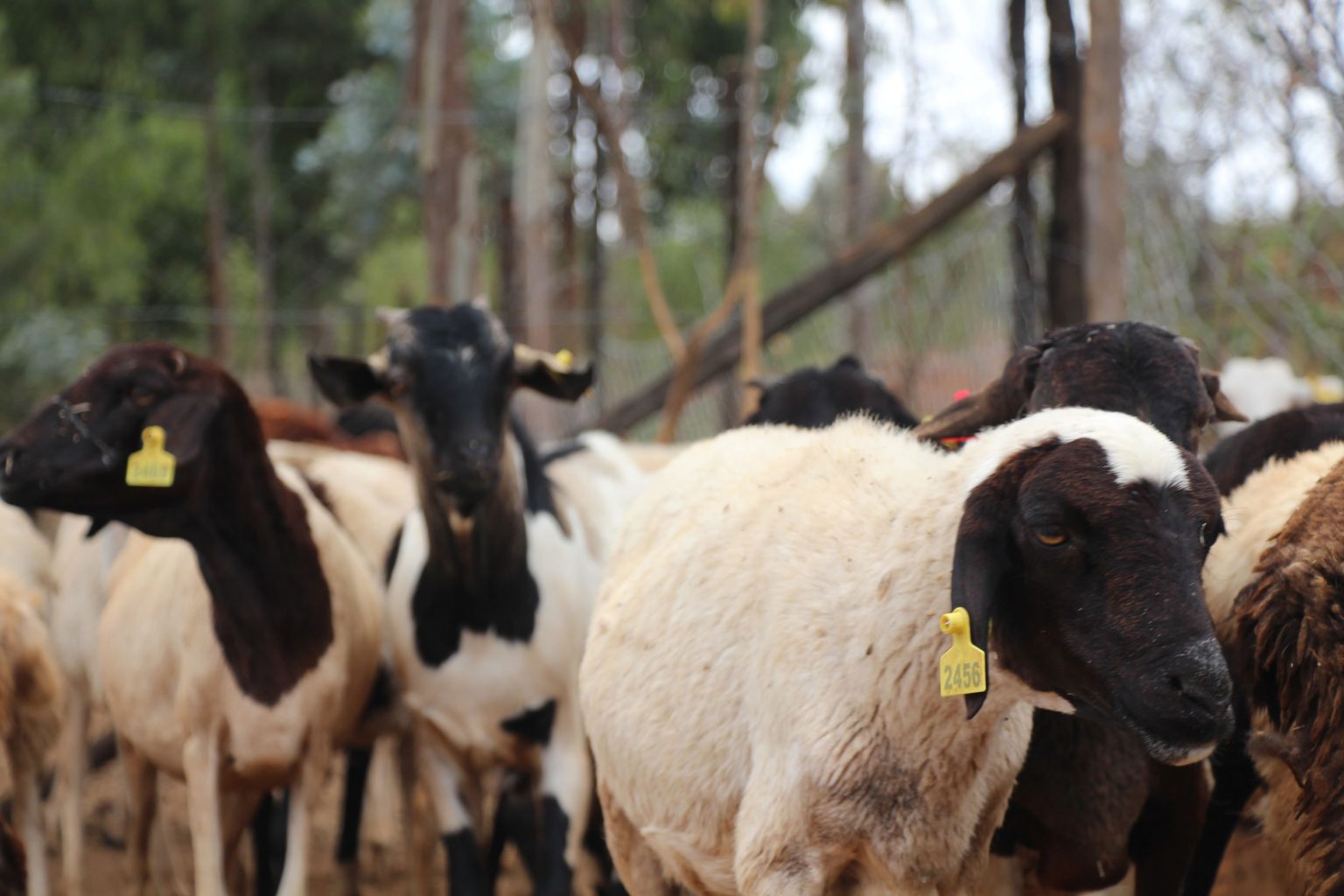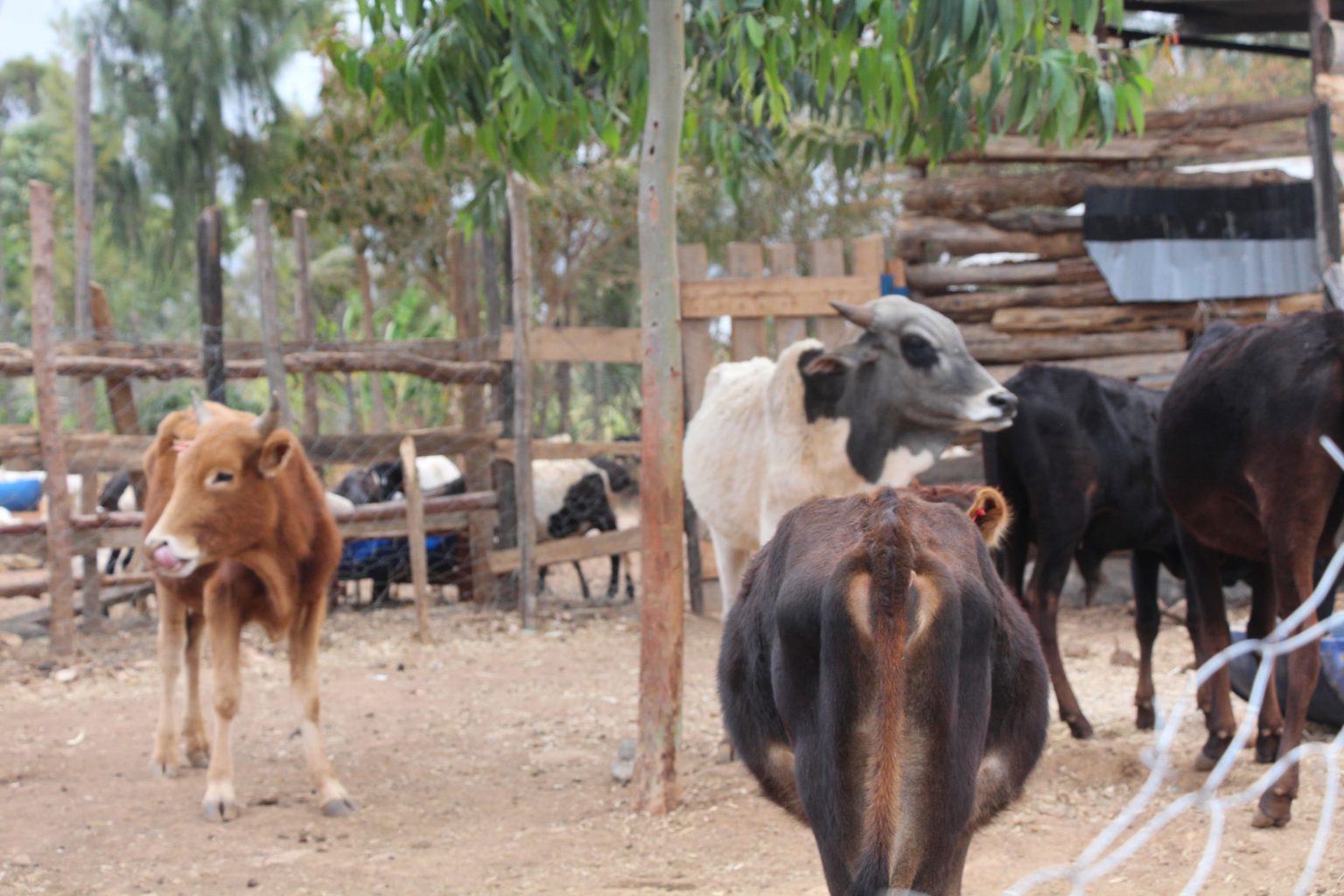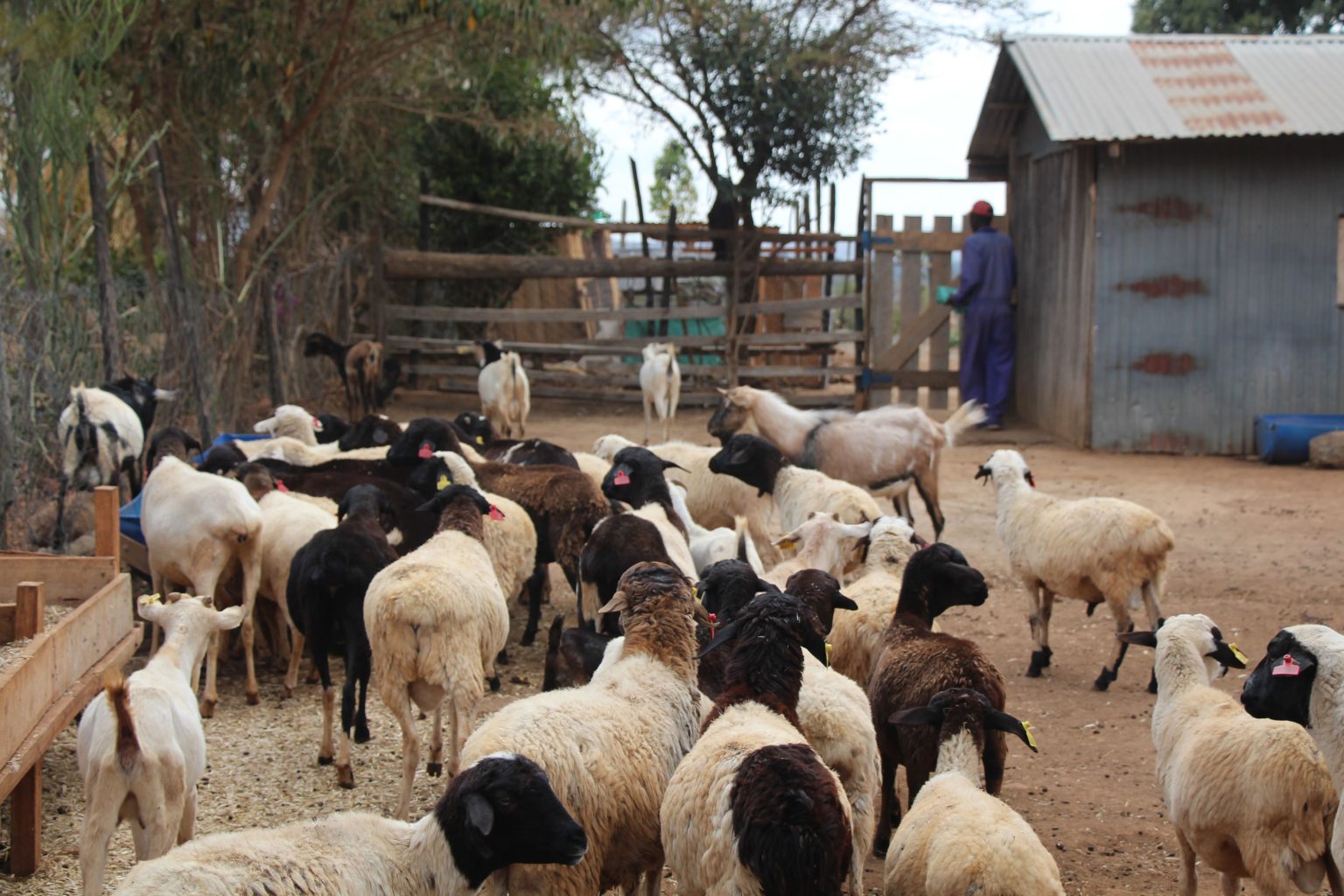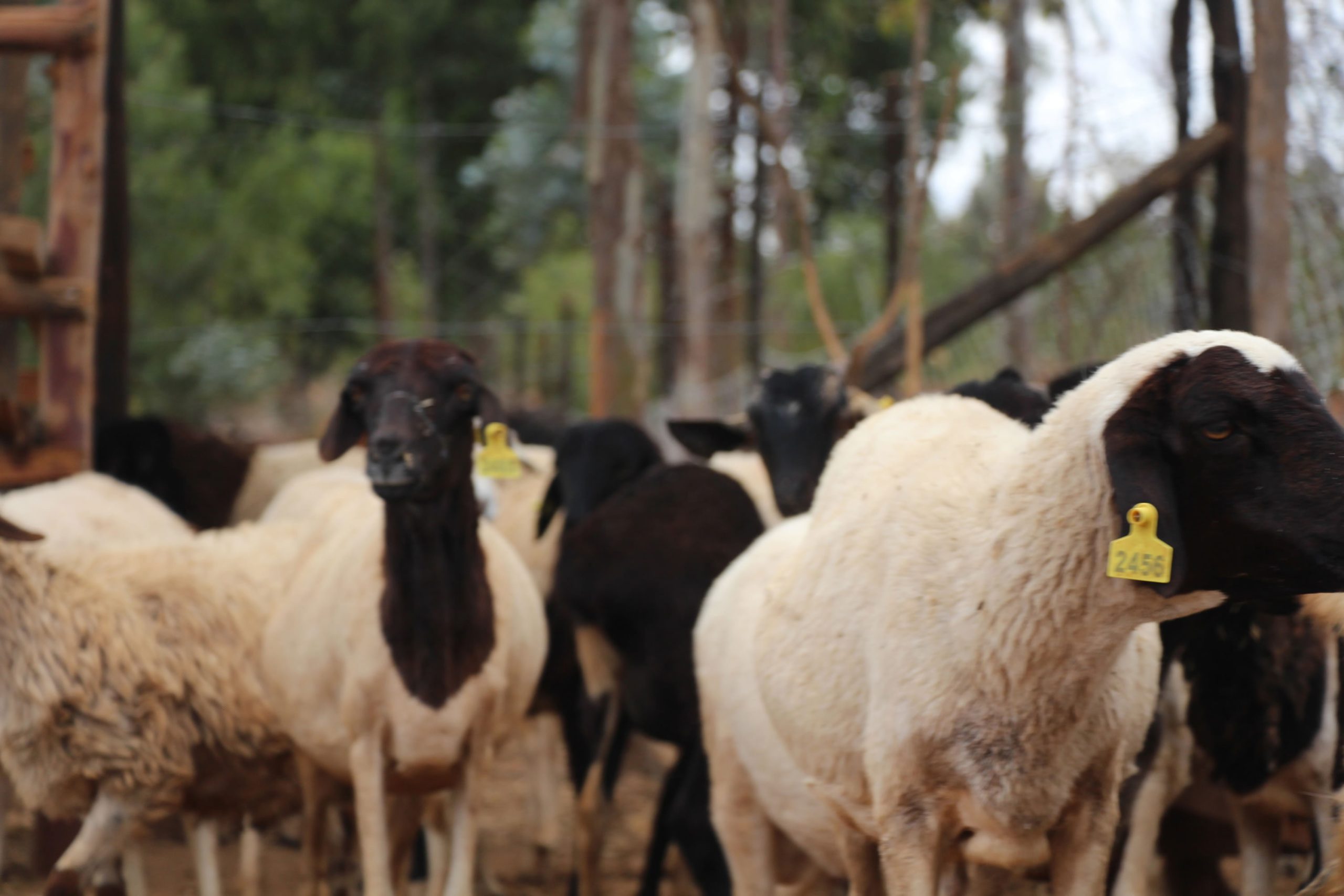Livestock Management
Animal Husbundry
Curbing Animal Disease
Nebadon Livestock & Fisheries
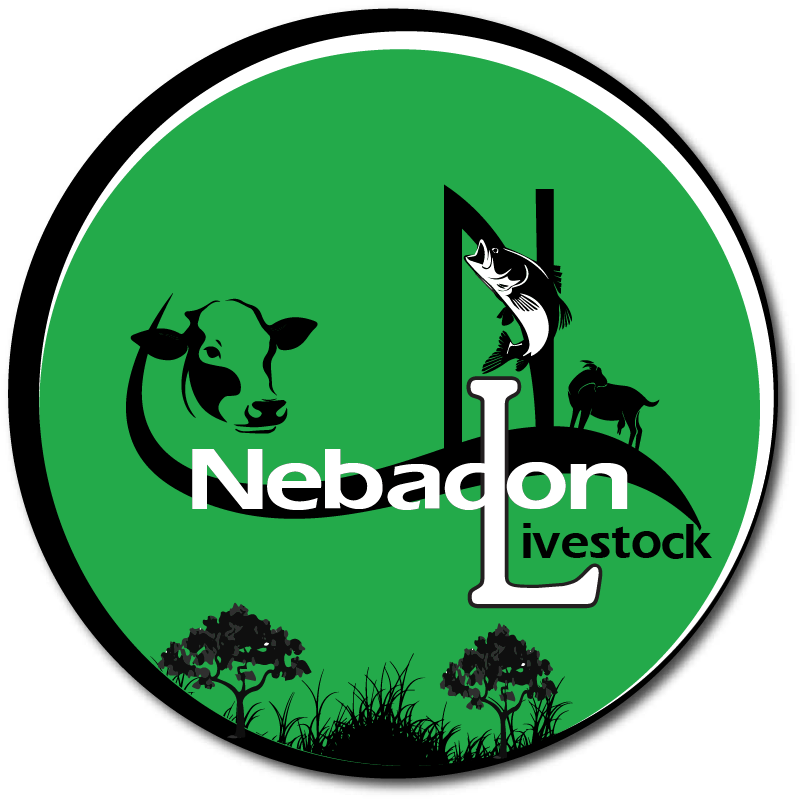
Nebadon Livestock Project: Enhancing Animal Yields, Disease Mitigation, and Animal Husbandry in Kenya.
Introduction: The Nebadon Livestock Project in Kenya is an innovative initiative aimed at improving animal yields, mitigating diseases, and promoting effective animal husbandry practices. This project seeks to address the challenges faced by livestock farmers in Kenya by implementing sustainable and scientifically-driven strategies. By leveraging modern technologies, research-backed methodologies, and community engagement, the Nebadon Livestock Project strives to enhance the productivity and overall well-being of livestock in the region.
Animal Yields: One of the primary goals of the Nebadon Livestock Project is to optimize animal yields for farmers in Kenya. This is achieved through various means, including improved breeding techniques, better nutrition, and enhanced animal management practices. The project facilitates the dissemination of knowledge on selecting high-yielding livestock breeds that are well-suited to the local environment. Additionally, it provides training and resources to farmers to improve feeding practices, ensuring animals receive balanced diets that meet their nutritional requirements. By focusing on these aspects, the project aims to increase milk and meat production, thus contributing to food security and economic growth.
Mitigating Diseases: Disease prevention and control are crucial for the overall health and productivity of livestock. The Nebadon Livestock Project recognizes this and implements measures to mitigate diseases effectively. The project emphasizes the importance of vaccination and immunization programs, working closely with veterinary experts to identify prevalent diseases in the region and develop targeted vaccination schedules. Furthermore, the project facilitates regular health check-ups for livestock, enabling early detection and prompt treatment of diseases. Through education and awareness campaigns, farmers are empowered with knowledge about biosecurity measures, proper sanitation practices, and disease prevention strategies to minimize the risk of outbreaks. These efforts are essential for safeguarding animal health and reducing economic losses for farmers.
Animal Husbandry: The Nebadon Livestock Project places a strong emphasis on promoting sound animal husbandry practices. It recognizes that animal welfare and comfort play vital roles in improving productivity and ensuring the well-being of livestock. The project provides training and resources to farmers on best practices for housing, handling, and transportation of animals. It emphasizes the importance of creating clean and comfortable living environments, implementing appropriate ventilation systems, and ensuring adequate space for animals to move and rest. By prioritizing good husbandry practices, the project aims to reduce stress levels among animals, enhance their overall health, and ultimately improve productivity.
Community Engagement: The success of the Nebadon Livestock Project heavily relies on community engagement and participation. The project works closely with local farmers, veterinary professionals, and agricultural extension services to ensure knowledge transfer and adoption of best practices. It organizes workshops, training sessions, and demonstrations to educate farmers on the latest advancements in livestock management. Furthermore, the project establishes farmer groups and cooperatives to foster collaboration, knowledge sharing, and collective decision-making. By engaging and empowering the community, the Nebadon Livestock Project creates a sustainable platform for long-term success and drives positive change in the livestock sector.
Conclusion: The Nebadon Livestock Project in Kenya demonstrates a comprehensive approach to improving animal yields, mitigating diseases, and promoting effective animal husbandry practices. By integrating modern technologies, scientific research, and community engagement, this project strives to enhance the productivity, profitability, and sustainability of livestock farming in Kenya. Through the dissemination of knowledge, training, and the implementation of targeted strategies, the Nebadon Livestock Project is playing a crucial role in transforming the livestock sector, benefiting both farmers and the broader community.

